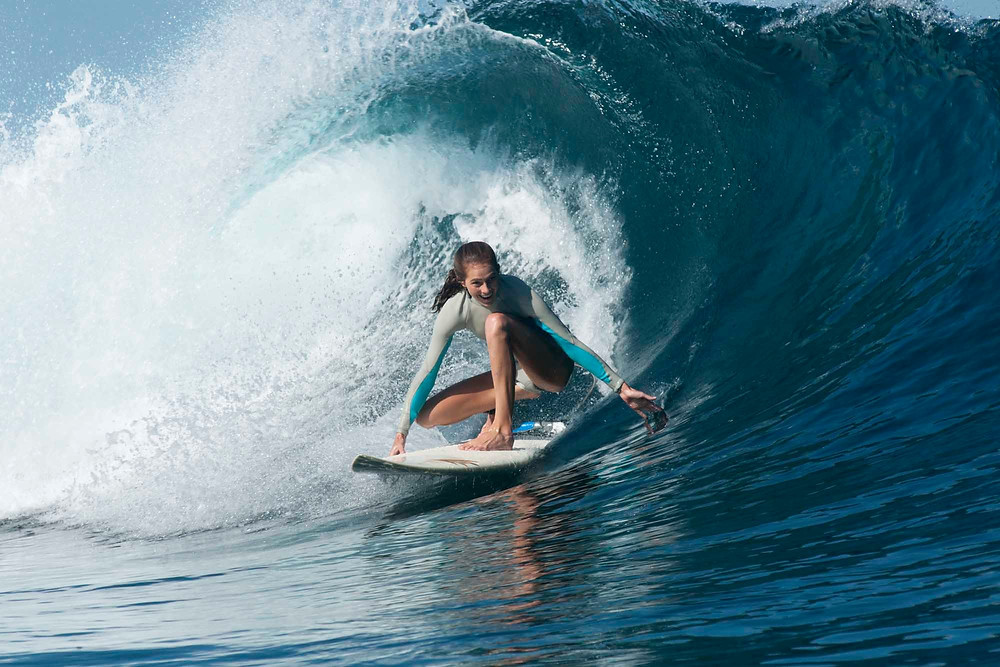
Before you learn how to surf, you should gather as much information as possible. You can read detailed content about surfing spots on surf websites. You should also check out the right column for information about the right type of board to use, the bottom of the wave, and the tides. In addition, you should learn how to catch a wave if you’re a beginner. This will help you avoid the common mistakes that beginners often make.
If you start riding the board, you will feel very warm
You should also pack warm clothes and a snack. Getting cold on the beach is inevitable, and a shiver may come over you. However, once you hit the water, you’ll feel surprisingly warm and satisfied. You can also check local surf schools for beginner meetups. Those are great ways to meet other beginners. Try to sign up for those, and you’ll be on your way to surfing success.
The first thing you need to do is watch for waves. Look out for a wave that’s coming and paddle. A beginner can learn the basics by watching for waves and paddling. Once you’ve got a feel for surfing, you’ll be able to catch a wave. You can even practice surfing on the beach. A surf lesson will also help you improve your technique. The best tip for beginners is to get a lesson with an experienced surfer.
A beginner’s learning curve will vary, but it is worth the effort. If you love the water and you’re determined to surf, you’ll experience many wipeouts and fall many times. Don’t feel bad or discouraged if you have a few falls – this is part of the process. The learning curve is short and the reward is great. Eventually, you’ll be hooked and be ready for the next challenge.
Remember that you can’t be perfect the first time you try surfing. It takes practice and patience to get better at it. You might feel confused, frustrated, or uncertain at first, but the more you practice, the bigger the waves will get. A beginner should aim for smaller waves and stay close to the shore. In the end, you’ll be catching bigger and cooler waves in no time. You should also visualize the wave before it breaks and look for obstacles.
As with any sport, there are certain tips for beginners to avoid falling in the water. While surfing, it is important to be aware of the rules of the ocean. You must learn to surf safely so that you don’t hurt yourself. When you fall, you’ll get a cutback from your surf lessons. You’ll need to be patient and try again. When you’re ready to jump in, be sure to take your time.
The first day on the surf is one of the most memorable moments in life
The first day of surfing is one of the most exciting moments of your life. Once you’ve caught your first wave, surfing will be an addicting sport. While you may be worried about your abilities, try to keep in mind that you’ll be learning how to surf in no time at all. By taking the time to prepare, you’ll be more likely to enjoy the sport and become more confident. While you’re at it, start focusing on your first wave.
It’s important to keep in mind that surfing is a challenging sport. In the beginning, you might end up with a cutback that makes your first few attempts a disaster. But the benefits of surfing are many. You’ll have fun watching the waves and fully appreciate the beauty of the sea. While learning to surf, you’ll be in for a lifetime. There’s no better time than the present to start a new sport.
As a beginner, you’ll likely experience a few wipeouts and many falls. But don’t worry – this is all part of learning. Your success is not dependent on your first fall. Just remember that falling is part of the learning process. You’ll eventually become addicted. With practice, you’ll become a better surfer. The right equipment is important. In addition to a good board, you should consider the size of the waves and the conditions of the beach.